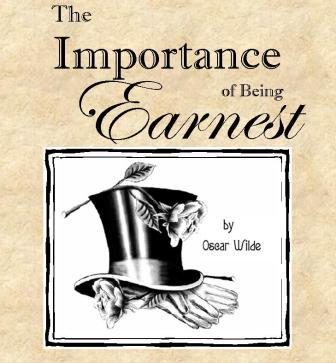The importance of being Social.
 Do we really need to measure how “social” we are? Can we trust those measuring our “Online Sociability”?
Do we really need to measure how “social” we are? Can we trust those measuring our “Online Sociability”?
It seems the more social we are on the web, the better for our pockets: from discounts to jobs, the social media score can help us in many ways.
Two interesting articles have been published today around this topic: the first one on TechCrunch and the second one on Mashable.
These articles reminded me of another article that I read a couple of years ago, when Facebook started to become the most modern, inoffensive and aggregating phenomenon that we all know today. At that time, in fact, like it still happens today, a good number of journalists, economists, universities and governments were analyzing Facebook. I am sure many of you will remember a few articles mentioning the Dunbar’s number, coming from a study saying that our brain cannot handle more than 150 friends (applicable to Facebook friends as well). Too bad I have over 500 on Facebook. And some of my friends are still amongst those who don’t want to be on Facebook because “they don’t do what all others do”- I still think 600M people cannot be wrong.
TechCrunch published an article – a few hours ago – about a new startup, Labels.io, that combines what – allow me to summarize it this way- Klout (or PeerIndex) and recruitment websites do. This way recruiters know if you are really a good match for that social media position you just applied to or you can have a preview of available jobs that match your online score. (For the record, no jobs available in Italy yet).
The article continued with a quick profile of those social score measurers.
Later on today, Mashable published an article about a new Facebook-gating system based on Klout scores, which unveils discounts and perks to Facebook users, depending on their Klout score.
The interesting thing is that websites such as Klout, PeerIndex and Labels.io are all at their early stages and they are all based on algorithms and scores that we (or at least those who made them “famous”) cannot verify. Yet a few respected news sources and blogs often refer to klout scores or PeerIndex numbers.
A while ago I tested Klout and connected my 500+ Facebook friends to my twitter handle. Well, guess what? those friends “lifted” my Klout score by 5 points!
How does your Klout score look like? Is this just a new way companies have found to get some of those data about users, profiles and buying habits that Facebook has collected over the past few years? Is this a new way to get more spam?
I still remember the days when your sociability was measured by your attitude to play sports and work in a team, and we all made sure we had sports and team playing on your CV. It was just yesterday.
No Responses
[…] The importance of being social […]
[…] and some companies still struggle to maintain a proper presence. Some have not understood yet the most important strategy on social media is to be social and only focus on shooting media. Meanwhile, new trends are already emerging and […]
Blog
Recent Posts
Recent Comments
Archives
Categories
Tags
Meta